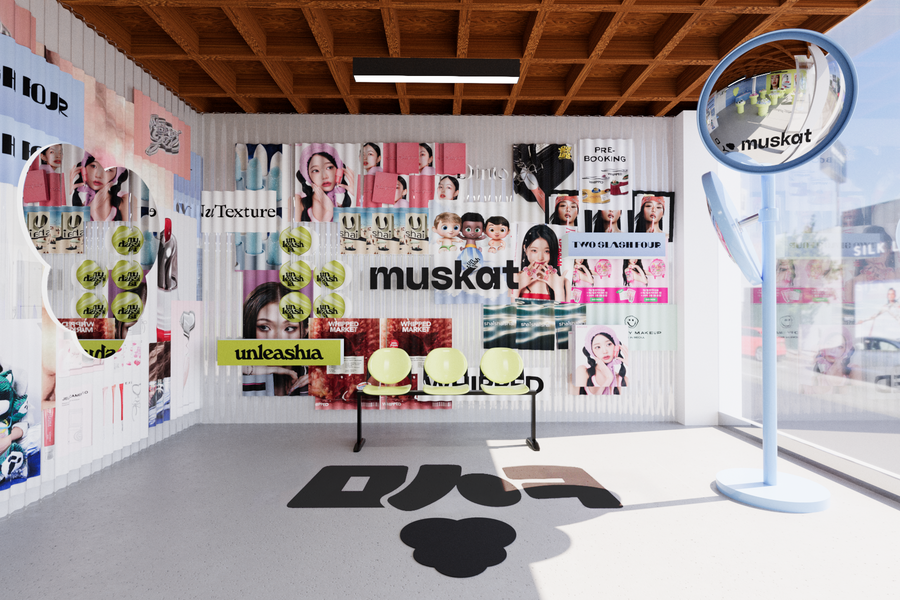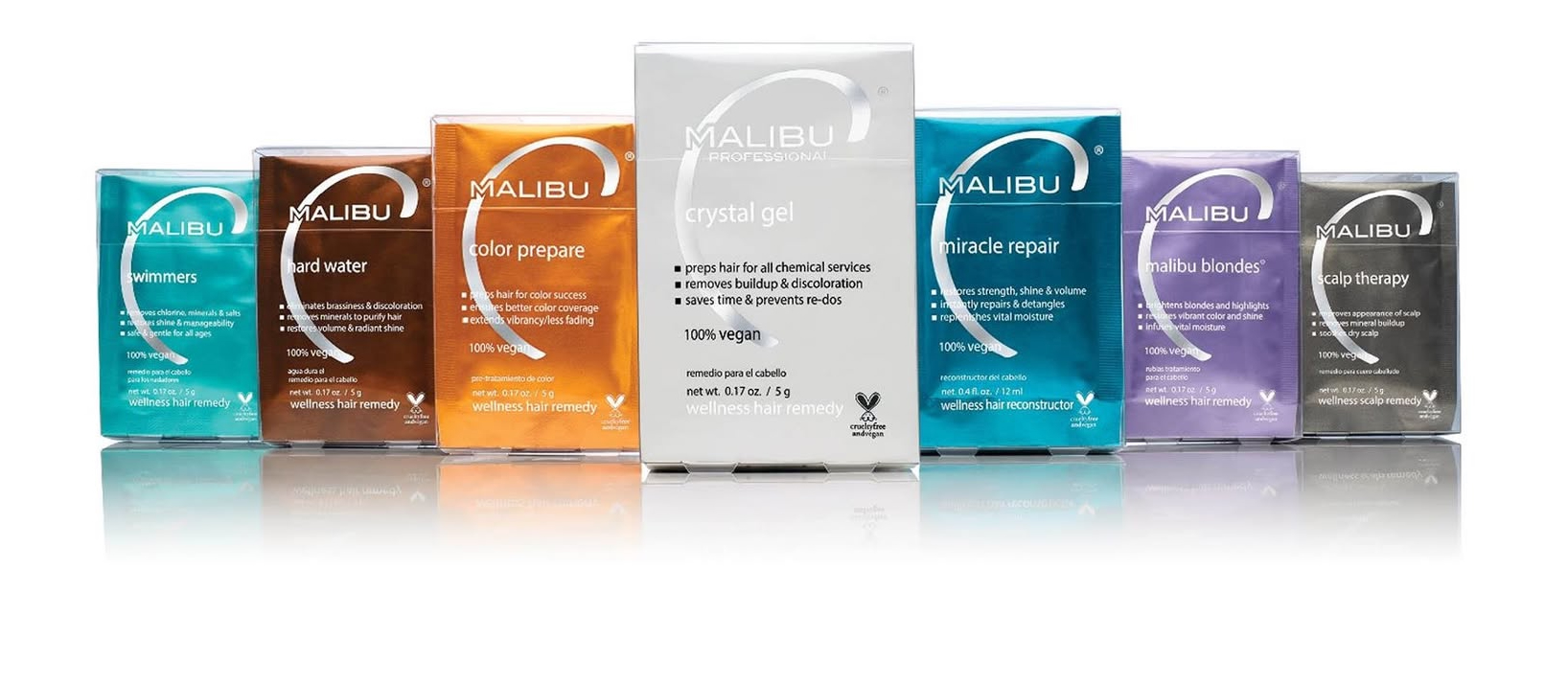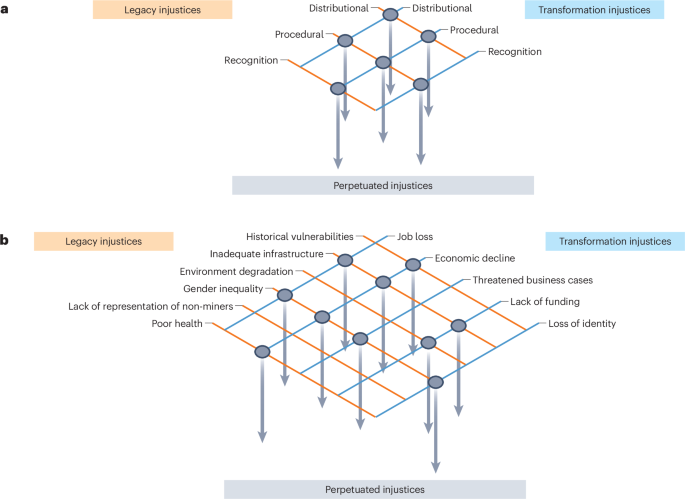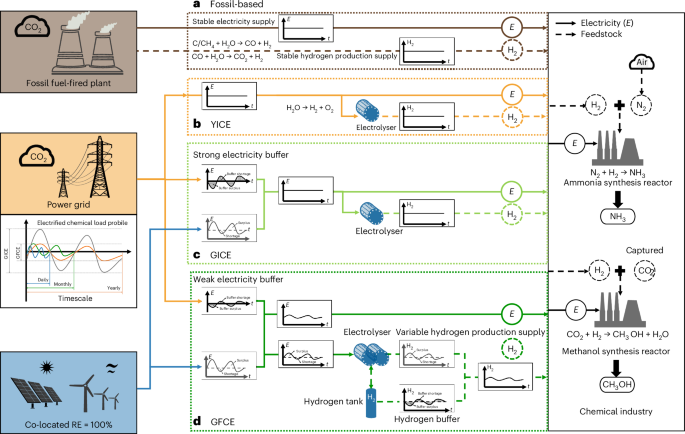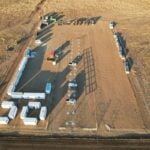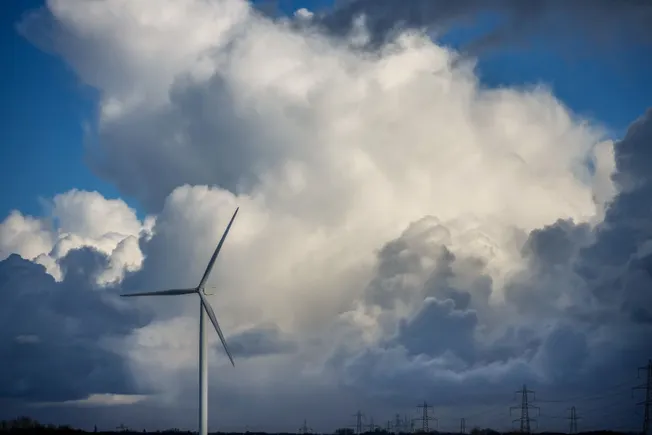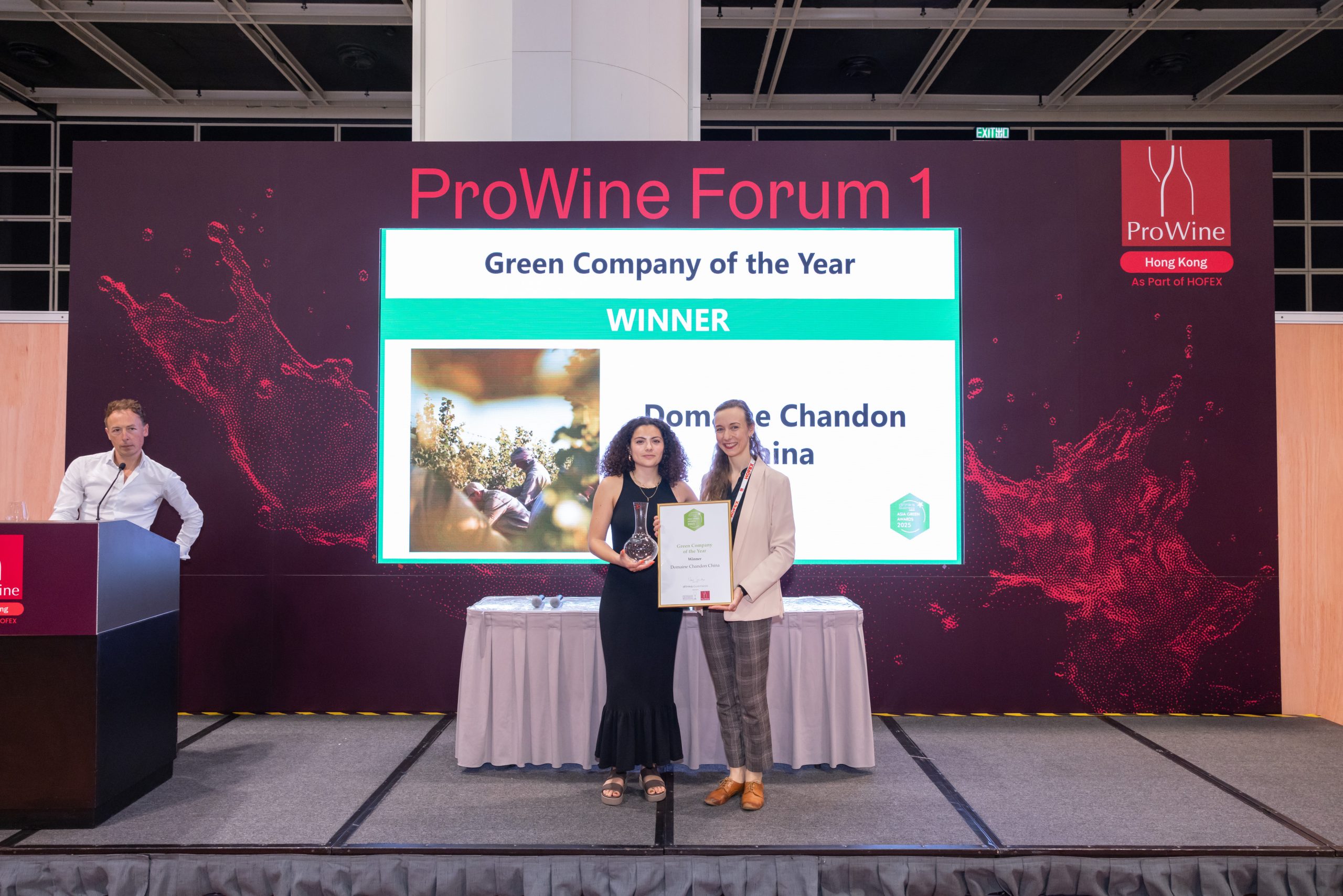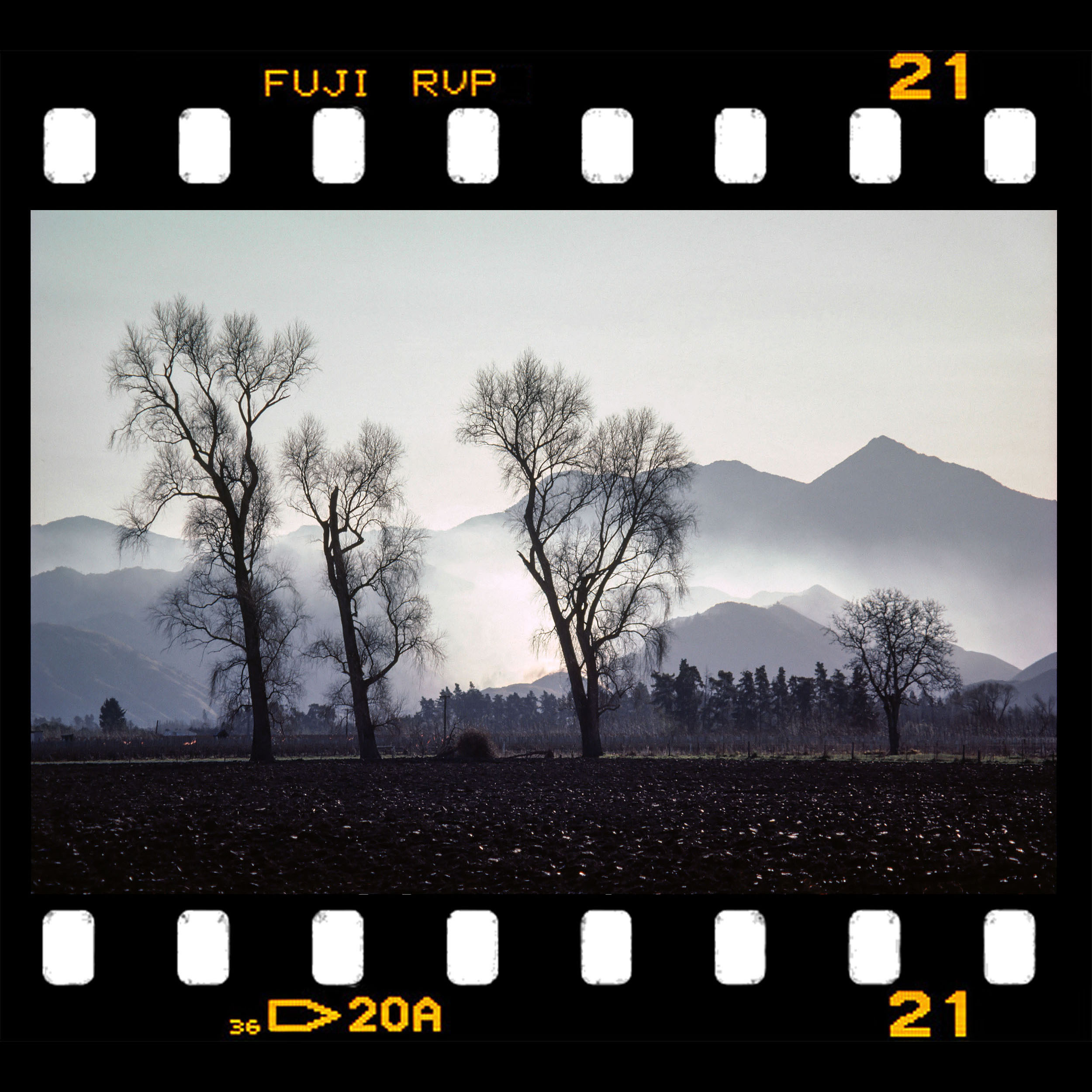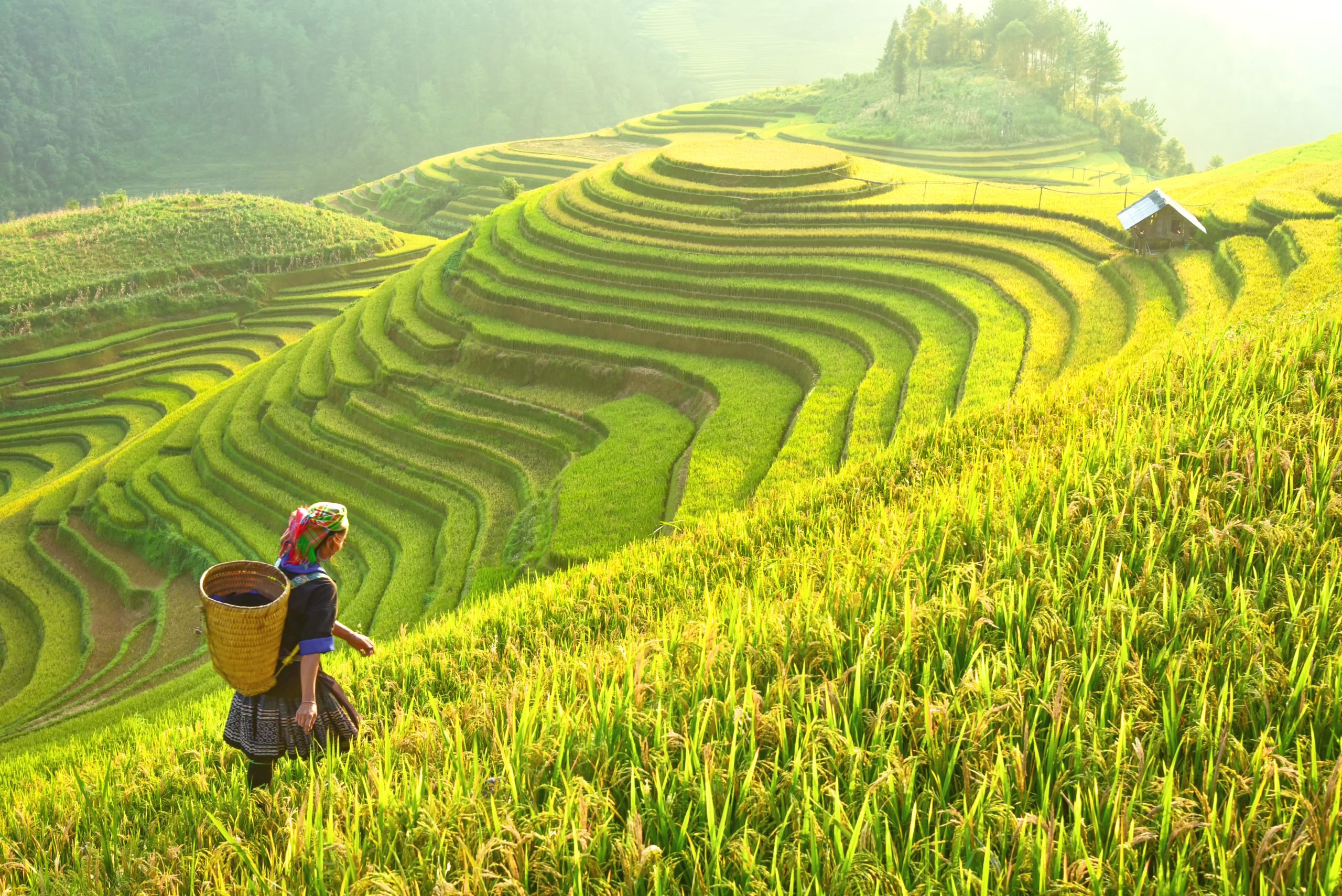Susana Balbo’s BenMarco brand is giving wine lovers a taste of what they want: authenticity from terroir-driven wines. Jessica Mason reports.
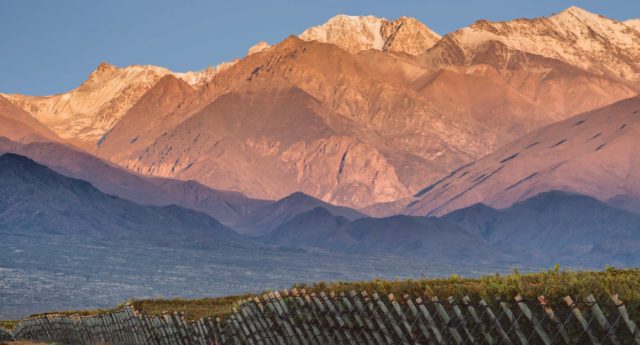
The BenMarco wine brand, which has already become a hit with premium on-trade and fine wine purveyors, still has room to grow as more wine fans discover its potential.
The brand, led by
Edy Del Popolo, who is both the head viticulturist and GM at Susana Balbo, offers site-specific wines with minimal intervention. Each reflecting the verities of the land along with a genuine backdrop of being sustainability-focused — key elements that consumers are passionate about.
Already, BenMarco has found its place in a selection of the most iconic and aspirational on-trade accounts across the UK and yet with the range being ideally suited to wine-led and gastronomic venues. in search of truly expressive Argentine wines that push the boundaries of Malbec stereotypes.
Land focused viticulture
With the increased consumer appetite for terroir-driven wines, BenMarco is also offering up a strong and compelling background story along with excellent quality in each bottle versus its price positioning.
Examples of it understanding how to generate interest as well as excellent wines are evident. For instance,
BenMarco wines champion sustainability and site transparency, with vineyard locations found in Gualtallary, Los Chacayes and Valle de Pedernal. Looking more closely, each offering site-specific differentiation and an element of intrigue that is getting each wine well talked about. As discussions ensue about their freshness and complexity, so too does talk of the calibre of establishments they should be seen in well into the future.
Speaking about the brand, Del Popolo explained: “BenMarco is an exploration of Argentina’s most exciting terroirs. The wines are crafted with minimal interference and we let the unique soil, climate, and vintage speak for themselves. I believe the UK market is ready to embrace further this kind of honesty in wine where the place tells the story.”
Looking at the role drip irrigation has played alongside any dry farming available when possible, Del Popolo admitted that “irrigation has obviously changed things a lot” and insisted: “We need to gain the best of a place, so we're also trying to do some dry farming. It's not always easy and only some years we can do it because there is good enough rainfall and good soil water accumulation. But for us, it is also about irrigation, because we have a very dry desert and also our mountains are in the desert.”
Looking back
Del Popolo pointed out he “started working in the early 1990s” and his “major job has been to plant vineyards in many different places across Argentina, not only in Mendoza”. He noted: “I also planted vineyards in San Juan and in other provinces, but Mendoza is my home and my career has been developed mostly in Mendoza.”
Initially, after leaving his career as an agronomist, Del Popolo then “specialised in viticulture, and worked for two different wineries [Gancia in the 1990s and Doña Paula in the 2000s] before joining Susana Balbo in 2013”.
By his own confession, he admitted: “I know Susana very well because I met her more than 25 years ago, so when she offered me the chance to join her as a general manager, I took it. I decided to join her in 2013 and become the person responsible for the BenMarco brand and also to take care of all the vineyards we have in the winery.” A big role indeed.
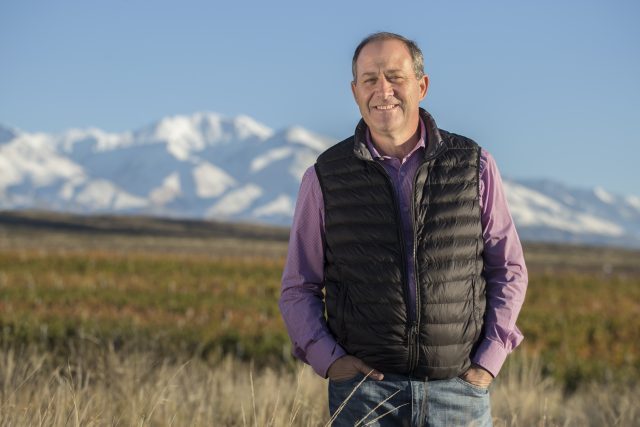
Diversity
Del Popolo highlighted how “for BenMarco, we have four different main vineyards that belong to us. One is where the winery is based, which is located in the Luján de Cuyo area. Luján de Cuyo is a department inside of Mendoza and it is well known for Malbec and other red varieties”. But, he added: “We also have vineyards in the Uco Valley and a vineyard in Gualtallary.”
According to Del Popolo, the broad diversity available across vintages is largely down to the variation that the winery has within its remit. He explained: “In total, we take on the administration of roughly 400 hectares of vines, including both estate and partner growers. So we make wines from very different appellations. 80% of the wines we mix come from Uco Valley. 20% are coming from Luján de Cuyo and its surroundings. This gives us the opportunity to offer such beautiful diversity. Not just in variety but diversity that comes from the combination of each different climate and different soils.”
The promise of Argentine Chardonnay
So where are the opportunities within the portfolio and what should fine wine retailers be on the lookout for within the BenMarco range? Firstly, Chardonnay is offering a lot of promise, as evidenced by the 2024 BenMarco Plata Chardonnay from vineyards at 1,000m altitude and grown using grapes from across five different soil types.
Del Popolo also drew attention to how “Chardonnay is versatile” and described how “it's well adapted to different soil and climate conditions” In fact, he asserted: “Chardonnay also speaks well of the place, especially in those terroir where you can play with altitude.” This, he hinted, offered food for thought.
A favourite vintage
Del Popolo recalled how in his more than 30 years of making wines, he does have a favourite vintage and hinted that “so far it has been 2019”. He observed how “in 2019, we had just finished the vintage, and even just tasting the must and the juices” he revealed how he “could tell that this was the best vintage in the past 30 years” and amplified this notion when he stated: “It was well-accepted among the winemaking community too.”
But what was he really looking for from a wine that was a cut above average and would turn the heads of the top oenophiles? He mused: “Vintages where we have a bit more austerity, and instead of just fruit. Wines are abandoning that side of being too fruity and instead wines that show austerity are among the favourites. That happened in 2019 and it was repeated in 2021 and 2022 as well. They each offered more dark fruit and a more restrained expression.”
The site is the most important element
This rise to perfection has been cultivated with one core belief: “The most important thing about making wine is the site. The place,” insisted Del Popolo.
He revealed: “When I planted vineyards 30 years ago, I had thought that the most relevant factor at the time was to make sure that the wine was the kind we wanted to make. So I planted some vineyards, which I still take care of as a garden. And they are such beautiful, perfect examples of viticulture, just textbook, they are perfect. I suppose I believed, or used to think, that those vineyards would just give great wines. But now I know that if a vineyard is planted on the wrong side, it doesn't make great wines. So if you go to a great place, and find a beautiful site, it doesn’t always offer what you want. But, also, if you don't have a very pretty vineyard, you can still make great wine.”
Now, he has implored: “The place is the most relevant thing at the time to make the wine. You can make great wines from young vines and it is not necessarily true that you can always make great wine with old vines.”
Essentially, Del Popolo reminded: “This means that if you have old vines, plant them in a great site. That's the best combination. If you have old vines and you plant them in a bad site then it is still not so good. You're not going to make great wine if you have the worst combination though: young vines in a bad site.”
Cabernet Franc and its potential to dazzle
But his love of Cabernet Franc continues unabated. In fact, he admitted: “There has been a great evolution in Cabernet Franc, especially at high altitude, and it's a fantastic complementary variety with the mountains” and pondering this, he added: “This is what I like in Cabernet Franc” because it is “more limited to specific” which makes it “great because you can make a single Cabernet Franc and you can be proud about the one you made, and it can also give a touch of vibrancy and energy to Malbec, especially because the generosity of the Malbec blended with the energy of Cabernet Franc is something special”.
There is still so much untapped potential and so much of it worth assessing to stock or list alongside high end gastronomy. Fancy looking further into BenMarco wines? The brand is available to the UK trade via
Enotria&Coe. But don’t delay, rumours about the quality are already being duly noted by scores of wine professionals.
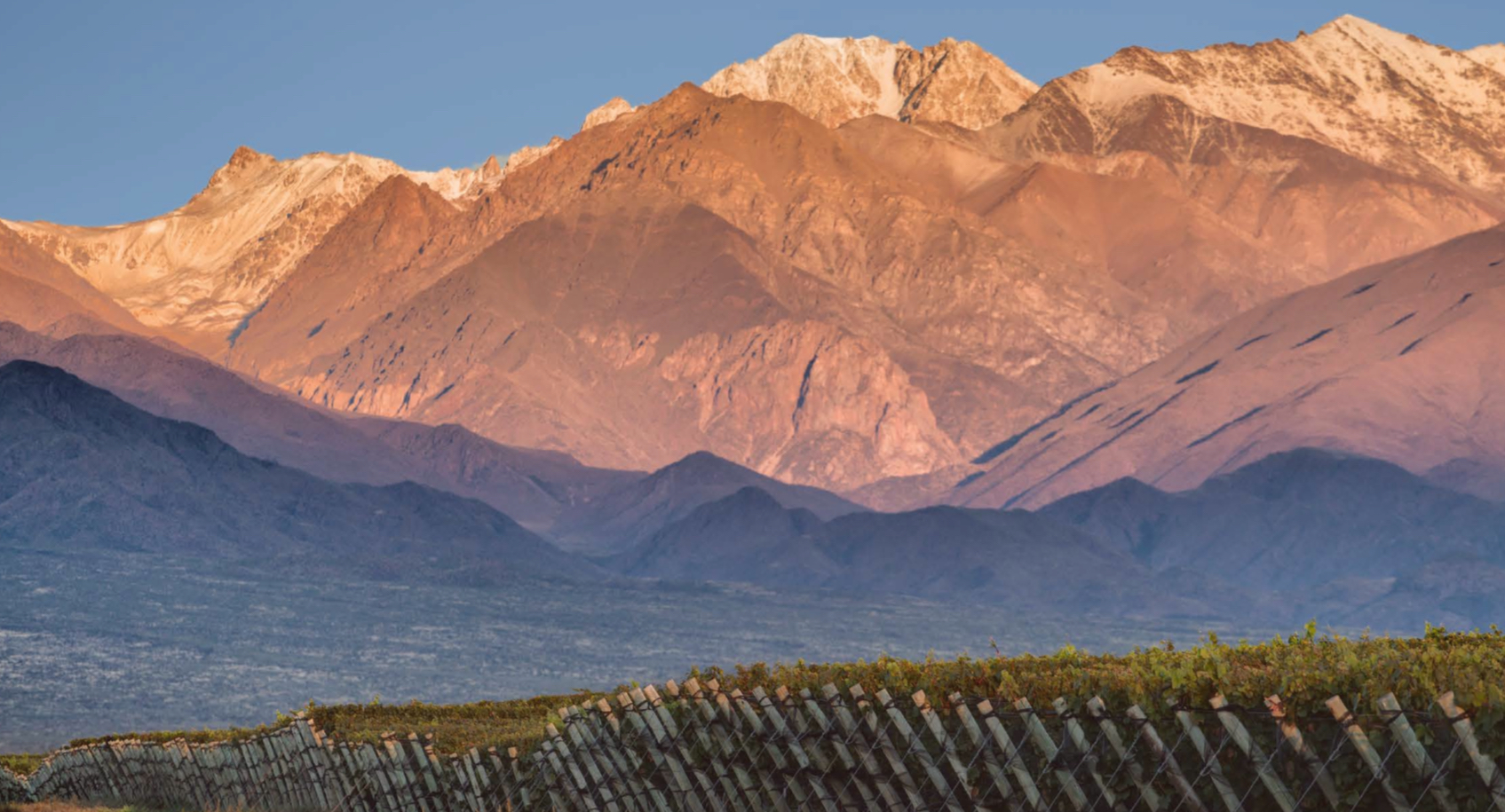
 The BenMarco wine brand, which has already become a hit with premium on-trade and fine wine purveyors, still has room to grow as more wine fans discover its potential.
The brand, led by Edy Del Popolo, who is both the head viticulturist and GM at Susana Balbo, offers site-specific wines with minimal intervention. Each reflecting the verities of the land along with a genuine backdrop of being sustainability-focused — key elements that consumers are passionate about.
Already, BenMarco has found its place in a selection of the most iconic and aspirational on-trade accounts across the UK and yet with the range being ideally suited to wine-led and gastronomic venues. in search of truly expressive Argentine wines that push the boundaries of Malbec stereotypes.
The BenMarco wine brand, which has already become a hit with premium on-trade and fine wine purveyors, still has room to grow as more wine fans discover its potential.
The brand, led by Edy Del Popolo, who is both the head viticulturist and GM at Susana Balbo, offers site-specific wines with minimal intervention. Each reflecting the verities of the land along with a genuine backdrop of being sustainability-focused — key elements that consumers are passionate about.
Already, BenMarco has found its place in a selection of the most iconic and aspirational on-trade accounts across the UK and yet with the range being ideally suited to wine-led and gastronomic venues. in search of truly expressive Argentine wines that push the boundaries of Malbec stereotypes.












































